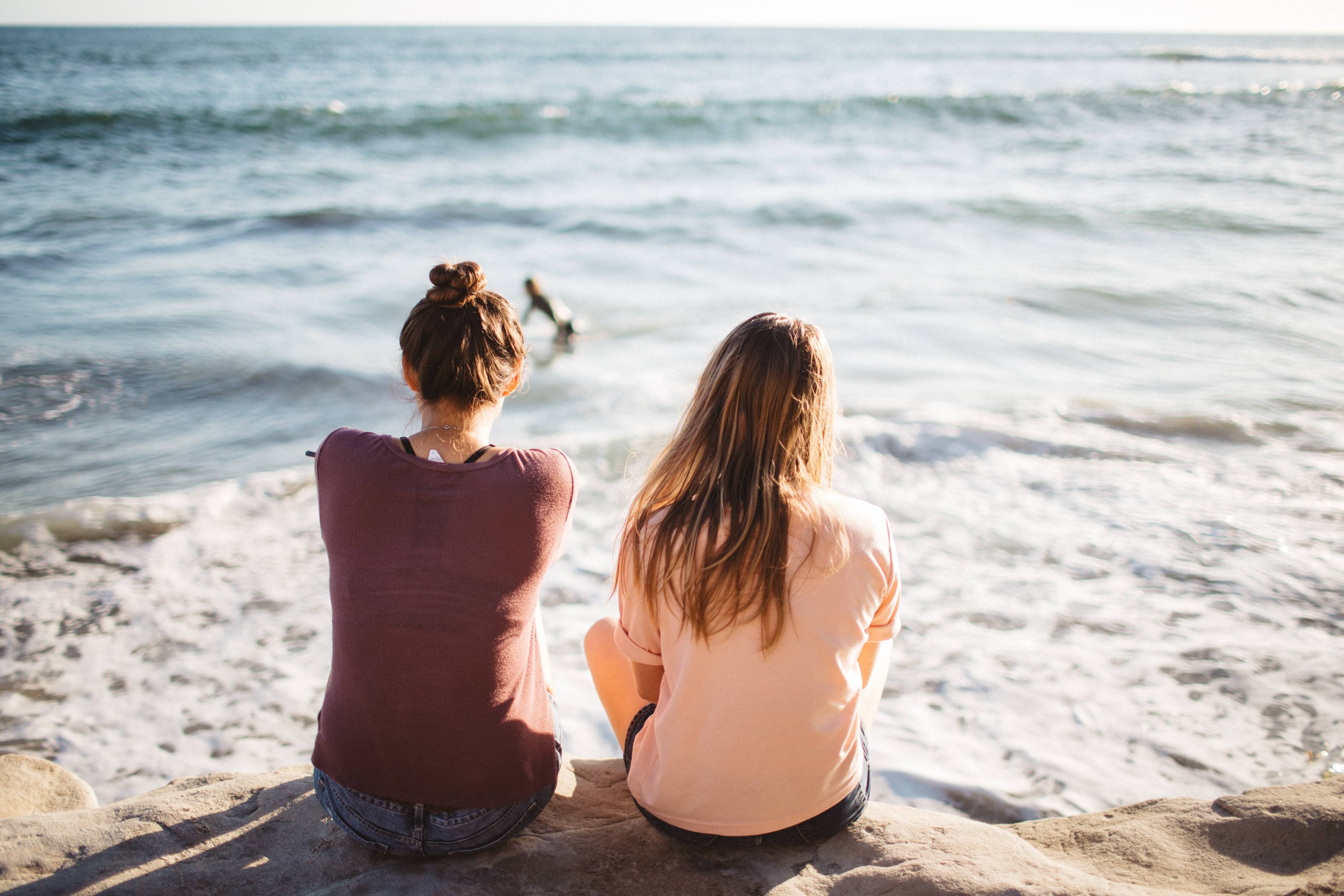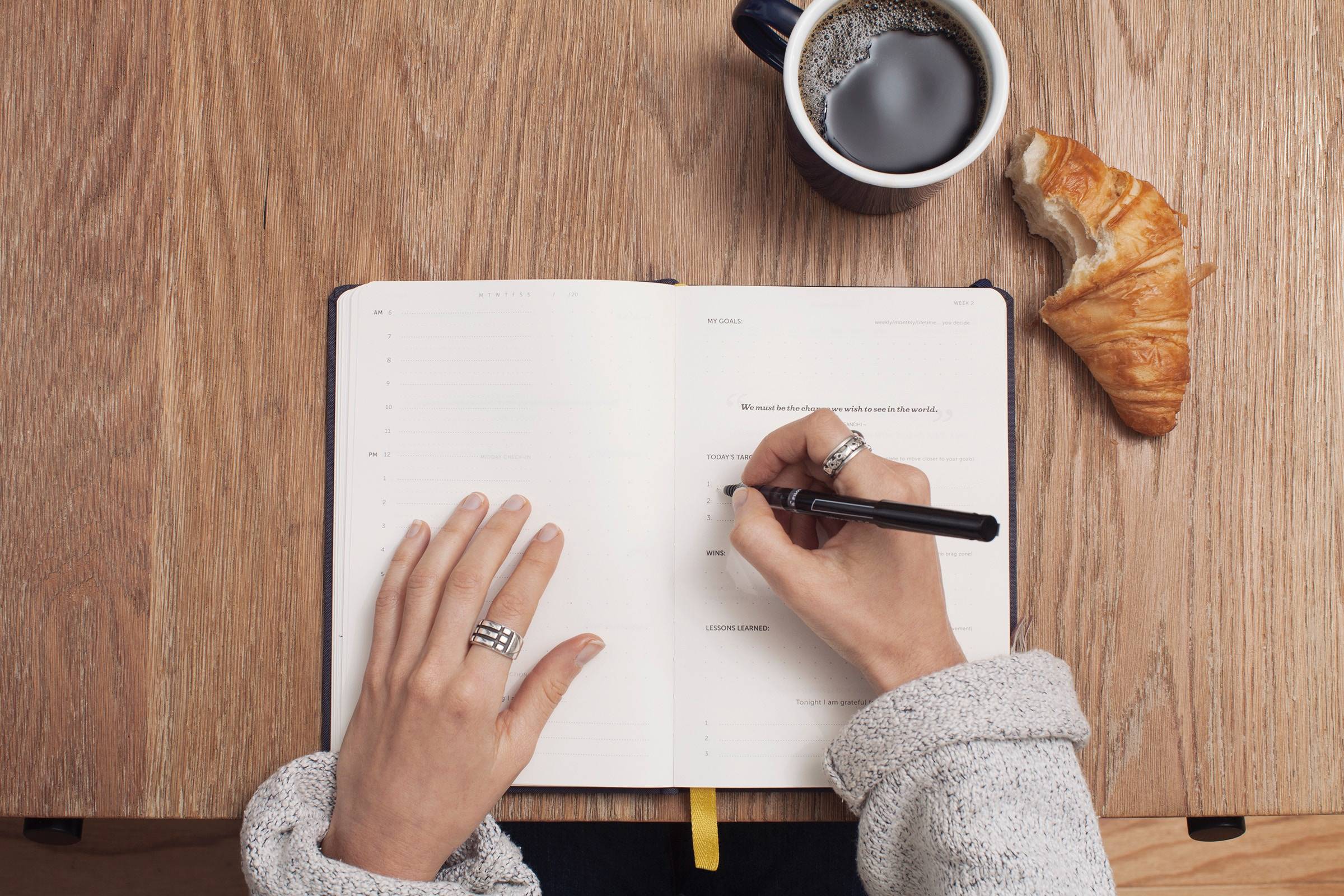
The importance of self-care during grief
Posted by AK Lander | On June 24, 2019 17:32
We spoke to bloggers and asked them what their top self-care tips are as well as why it is important to look after yourself during a grieving period.
Grief, without a doubt, is mentally, physically and emotionally gruelling, and the last thing on your mind is putting energy into taking care of yourself.
You may not feel like it, but self-care could be one of the most beneficial things you can do during times of grief and bereavement as we explore in this article. We spoke to bloggers and asked them what their top self-care tips are as well as why it is important to look after yourself during a grieving period.
What is self-care?
Self-care is a broad phrase which can mean different things to different people; generally, self-care is when you do something to help your mental, physical or emotional state. Self-care is not a selfish act, in fact, it could be an integral part of navigating your way through difficult times.
In its basic form, self-care could be something as simple as washing, brushing your teeth and getting dressed in the morning. It could also be more in depth such as taking part in exercise, eating a nourishing meal or spending time with loved ones.
Self-care tips
“Allow time for crying”
Giving yourself time to cry might seem obvious, says Erin from Fighting for a Future, but it is a method of self-care which is important to highlight: “During times of grief, make an effort not to suppress tears. There’s actually some science that supports the benefits of a good, cathartic sob. Dr Forshee said researchers have found that so-called emotional tears, which are different from the kinds that keep our eyes lubricated or flush out irritants, contain hormones associated with stress. So, when you cry, you are quite literally releasing stress.”
Erin also explained why practising self-care and self-compassion is important to deal with the different stages of grief: “There’s no formula for how anyone experiences loss. I had to remind myself that grief has no quantification. It looks different for everybody, including ourselves. Each time we deal with grief, it can feel different.
“So instead of judging myself when I was experiencing grief, I simply accepted and felt my feelings, and for good reason, I honour whatever feeling I’m feeling. Two people who experience the same loss might approach it with totally different reactions and worrying that you’re performing your grief incorrectly is only going to make it harder for you to work through it.”
“Do the opposite of what feels natural”
Although each individual experiences grief differently, one thing many people have in common is that grief comes in waves and stages, says Becca from Missing In Sight: “It is unpredictable. Sometimes the pain is sharper at some moments more than others, and since no one can determine when grief will strike its hardest, the best protection against its devastating effects is to prescribe yourself acts of self-care that will help strengthen you to ride out the waves.
“Self-care can even be used as a preventative measure, to soften the incoming blows from grief. If you practice acts of self-care when the feelings of sadness are less formidable and easier to tolerate, you will be strengthened to cope with the challenge grief brings when it hits more intensely.
“Self-care will allow you to show compassion and kindness towards yourself during difficult times. My recommendation for self-care is to do the opposite of what feels natural. Grief can rob us of the motivation to engage with life, so we must rail against our natural inclination and do what feels uncomfortable.”
“Connect with others”

The grieving process can take time; it can’t be forced or hurried and there is no “normal” timeline for grieving. However, keeping in touch with loved ones during bereavement can be a helpful form of self-care as Becca explained: “Connect with others. Grief can be very isolating and can make you feel alone as if no one else understands what you are enduring. Connecting and interacting with others can dismiss the feelings of loneliness. Engage with people, talk about your grief with a friend, family member, or a counsellor. Even just going and sitting in a coffee shop surrounded by strangers can give you a sense of connection and ease the heartache you might be experiencing.”
“Recognise and embrace your grief”
Grief is a natural response to losing a person or pet you care about, there is no right or wrong way to grieve and you may experience a range of emotions. Margaret from Phenomenal Butterfly believes that grief is one of the emotions that can impact you emotionally, physically and mentally for an extended period of time: “If left alone with no self-care, it can wreak havoc, leaving you completely debilitated. Looking after yourself is a crucial part of helping nourish or replenish the emotional, physical and mental parts of yourself and self-care is also a crucial part of helping you to navigate your grief journey.”
Margaret told us that her number one self-care tip is to recognise the range of emotions you are experiencing and to embrace it: “This may sound obvious, but it’s not. When on our grief journey we often stifle or push down our grief. Instead, we should open up to the grief allowing ourselves to fully accept, experience and work through the emotions. Recognising the sadness, anger, frustration, guilt or whatever other emotions are associated with our personal grief is necessary and an important part of the grieving process.”
“Take a shower; it is a renewal of forces”

As well as being part of a daily hygiene routine, showering can also do wonders for our mental health. The shower or bath can be a personal space where grievers can feel safe and secure as well as being an avenue to gather your thoughts.
Edel Pace said showering was a self-care ritual that helped her during her own personal bereavement journey: “One, do not stop taking showers, especially during the depression stage. A shower is a renewal of forces, we wash away our load of sorrows and sadness by crying, but as soon as we close the faucet, we regain new strength.”
“Eat, because it is hard to function when you aren’t giving yourself energy”
When you’re grieving after the loss of a loved one rustling up a nourishing meal is probably the last thing on your mind. However, What’s Your Grief advises that “food is connected to both physical and emotional health, so trying to keep this in check is important. A healthy smoothie or soup with a good balance of fats, proteins, and carbs can go a long way in helping you get what you need”.
Clara from The Balance Collective told us why eating is her top self-care tip: “You may not feel like it, but it is very hard to function if you are not putting the energy into yourself to do so. I remember my best friend coming with bags laden with ready meals and nutritious food after our loss, and it meant that we could eat when we needed to, with very little effort.”
Clara, who has also penned a book called What Now: An honest guide to miscarriage, baby loss, parenting, mental health and rebuilding your identity, said irrespective of why you are bereaved, you need to allow yourself time to process. Clara said: “There is no time limit to grief, and how this emotionally and physically impacts you will change. You may find that the things you used to do to look after yourself feel meaningless or fickle, or they become the most important thing to you. Either way, it will take time for you to adjust to the new normal and the way of living, and you need the physical and emotional strength to do so.”
“Writing can help you understand yourself”

Sometimes making sense of trauma and loss can be too much to process in the mind alone. Writing or blogging about grief can be a therapeutic self-care practice as Edel explained: “Write a journal. It’s best not to force it, it will come naturally, and in the beginning, we may only doodle and not write a word. Then we will start writing ramblings here and there, and later when we least expect we will start writing about our feelings. Writing will help you heal as it will help you understand yourself better.”
Erin is a blogger who has also found writing to form part of her recovery after being diagnosed with PTSD, dissociative identity disorder, depression and anxiety after years of childhood abuse. Her book is called You Will Bear Witness and is a memoir of Erin’s time living in Ireland as well as a survival story on how her childhood innocence was exploited by those who were meant to protect her. On her website, Erin wrote: “I am on the journey to recovery and You Will Bear Witness is part of that recovery.”
Self-care can be one step along the path to seeing colour in the world once more and enjoying life does not mean you have forgotten about your loved one.
We understand that choosing the right headstones or memorials to commemorate the life of a loved one is an important decision. Contact us today and we will be happy to help answer any questions you may have.
